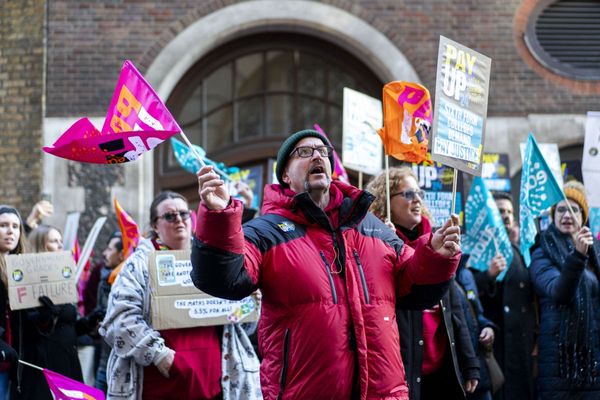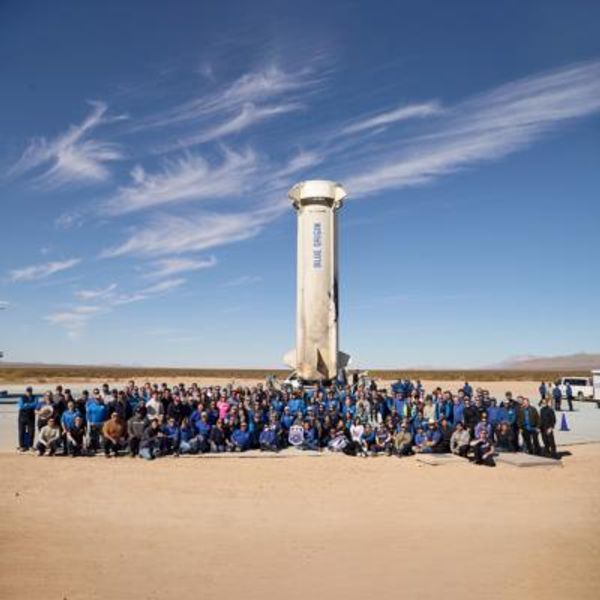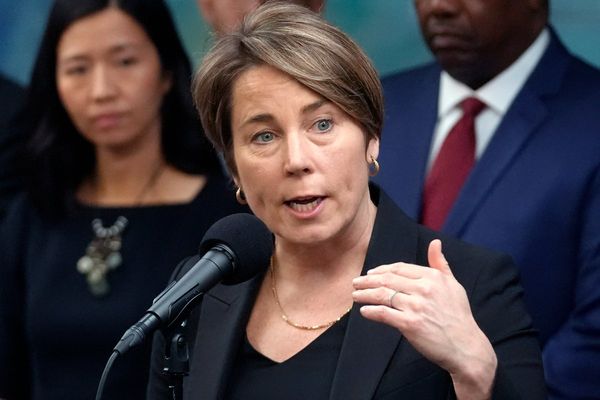
Latin America and the Caribbean have always mistrusted the United States, usually with good reason. But they’ve had particular cause in recent weeks, after Mauricio Claver-Carone, a hard-right attorney from Florida and U.S. President Donald Trump’s candidate for the Inter-American Development Bank (IDB) presidency, intensified his campaign by attacking governments that oppose his candidacy. If he is elected this weekend, as seems likely, regional multilateralism will suffer an unprecedented setback.
Latin America, which is now the global epicenter of COVID-19, reporting 43 percent of daily deaths, was already the most unequal region in the world before the pandemic. That drama has been accentuated in recent months. Economies there are expected to shrink by 9.3 percent this year, according to the IMF. The United Nations predicted that as a result of the economic fallout from the pandemic and quarantine measures, 45 million people will fall into poverty. The impact of the crisis on vulnerable populations, mainly women and children, will bring consequences that will survive for decades.
Amid these calamities, the White House is alienating several of its regional partners, including Argentina, Chile, and Costa Rica. Thanks to its hard-line candidate, who publicly and harshly criticizes governments opposing him, Washington once again reinforces the image that for decades has dominated the political, economic, and cultural elites of Latin America: the United States a powerful neighbor that exercises ruthless power over others, and not with others.
The U.S.-led coalition has a clear majority—54 percent—of the votes at the IDB. Applying the logic of “divide and rule,” the White House built a majority coalition, with the support of Brazil, Colombia, and 15 other governments. If a session is held as scheduled on Sept. 12 and 13, Claver-Carone, the senior director of Western Hemisphere affairs at the National Security Council, would be elected. But for that to happen, the United States needs the participation of an absolute majority, that is, three-quarters of the voting power of the institution. The quorum, originally designed so that countries could not elect a president without the participation and acquiescence of the United States, which has 30 percent of the votes, could prevent Washington from fracturing the IDB. But that strategy might fail if other countries, such as Canada, Peru, and Mexico, which were hesitant about either supporting Claver-Carone or postponing the election, participate in the meeting this weekend.
The attempt to force Claver-Carone’s election is breaking an unwritten tradition established by former U.S. President Dwight D. Eisenhower 60 years ago and respected by all his successors—until Trump—that the presidency should be held by a Latin American citizen. The liberal international order created by the United States after World War II, made up of multilateral organizations such as the IDB, is based on rules. Those rules allow the United States to hold leadership through consensus and a certain amount of legitimacy. Trump is breaching these agreements, spurring distrust and anti-Americanism in the region, and thus undermining U.S. interests. Controlling wallets seems to be more important than winning hearts and minds.
The United States is also attacking countries that try to defend those rules, creating rivalries where there are none. Claver-Carone mentioned Argentina in harsh terms six times in the last conference call organized by the State Department. “We are seeing a minority effort, led by the government of Argentina, to be able to block the election because they have not been able to present, or have not wanted to present, a competitive vision,” he said.
The Argentine government denied that not providing a quorum was an illegal tactic, as the U.S. candidate claimed. “We are filibustering, which is something allowed by IDB regulations,” Ministry of Foreign Affairs spokesperson Lisandro Sabanés told me. Chile, governed by conservative President Sebastián Piñera, also repudiated the statements of Claver-Carone, who had called Chilean Foreign Minister Andrés Allamand “old-fashioned.” “The aggressive statements confirm that his election would be very inadequate,” the Chilean minister declared to the press.
The IDB has worked well with a Latin American president and a U.S. vice president. Why change things now? The Argentine government and the Brazilian opposition believe that Trump will use the bank as a weapon to condition financial assistance on extreme loyalty to Washington, at a time when Beijing is becoming the main trading partner and investor in infrastructure for many countries in the region. Moreover, it opens a Pandora’s box for other multilateral institutions: If the United States takes the IDB presidency today, tomorrow it could try to do the same at the IMF, which is traditionally led by a European.
The U.S. image under Trump is also at a record low in the region. Although Trump did not invade countries in the region, as some of his predecessors did, most of his policies are hated and rejected. Promising to build a wall on the border with Mexico, which would be paid for by the Mexicans, whom he accused of “bringing drugs” and “crime” and being “rapists”; claiming that Haiti and El Salvador are “shithole countries”; imposing tariffs on steel and aluminum from Argentina and Brazil; and invoking the Monroe Doctrine have done nothing to strengthen inter-American ties. Taking the IDB presidency would aggravate the perception that Latin American public opinion has of the United States and of Trump himself.
And why is there such a rush to elect a bank president just over 50 days before the U.S. presidential election? Will Claver-Carone be able to work in harmony with a potential Joe Biden administration, whose presidential campaign has let its opposition to that candidacy leak? Everything seems to indicate that he will not.
Claver-Carone himself would be a bad choice even if he wasn’t American. He lacks expertise in areas the region needs to improve more than ever, such as cooperation to revive the economy, rebuilding its health infrastructure, and lifting millions of its people out of poverty. “I think it would increase the divisions within Latin America. Divisions that have more to do with the ideology of the governments in power than with the long-term interests of the states,” said Francisco de Santibañes, the director-general at the Argentine Council for International Relations. “Center-left governments, such as Argentina, would see this as an imposition and a dangerous precedent. It is possible that, if the appointment succeeds, the Latin American left will become a little more anti-American. But I wouldn’t exaggerate its importance,” he added.
All of this benefits China. Beijing watches with a big smile as a large part of the region fights with the White House. As China intensifies its mask diplomacy, Trump sends a diametrically opposed signal: The IDB is mine. Nothing could be more auspicious for the interests of China, the main trading partner of Argentina, Brazil, Chile, Uruguay, Bolivia, and Peru.
If the U.S.-led coalition does not achieve a quorum for the meeting, but at the same time does not agree to postpone the elections until March 2021, as Argentina, Chile, Mexico, and Costa Rica have requested, there will be a catastrophic tie that would plunge the IDB into paralysis. But one of those countries could break the deadlock at the IDB board. Although Mexican officials have spoken against Claver-Carone’s candidacy, Mexico could provide a quorum this weekend in order to facilitate his election. The discussion, then, would be about who will be the vice president.
If Trump takes over the IDB, the international liberal order in the Western Hemisphere would be damaged beyond repair. To find a way out of this maze, it is useful to listen to the former statesman who created the IDB. “If we, the United States, have been at fault we stand ready to be corrected,” Eisenhower said in his address to the U.N. General Assembly in August 1958, when he proposed the creation of the bank. Perhaps Latin America is just honoring his words. Unfortunately, it may not be enough.







